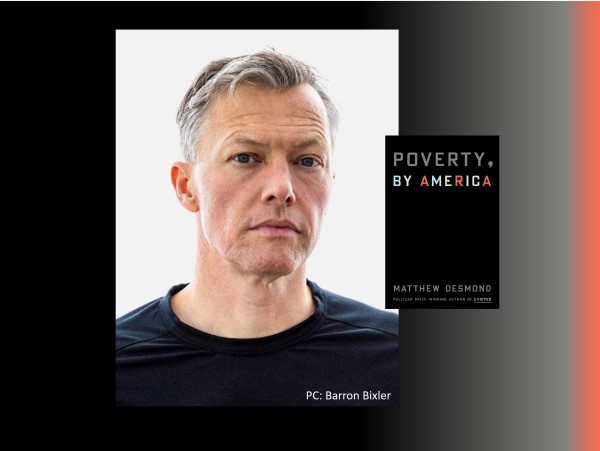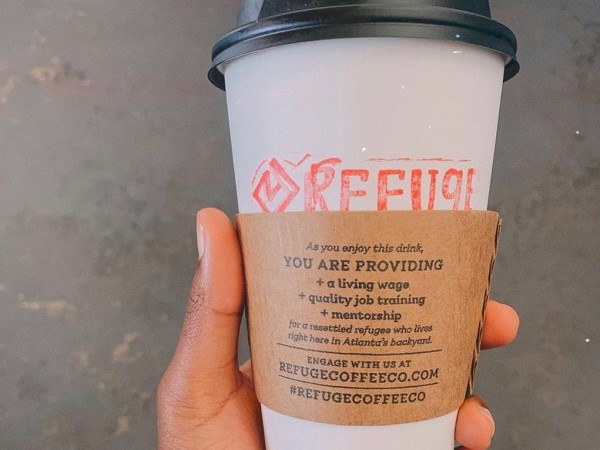Poverty isn’t about being poor, it’s about having only poor choices.
Which greatly benefits everyone else.
[Awkward]
America has more poor people than the entire population of Australia. Why?
In Poverty, by America, Pulitzer Prize–winning sociologist Matthew Desmond says it's because “affluent Americans knowingly and unknowingly keep poor people poor".
But it's not just the super rich. America runs on 2 systems, one for Haves and one for Have-Nots. You know who you are. Read on if you're willing to get uncomfortable.
1. The LABOR System
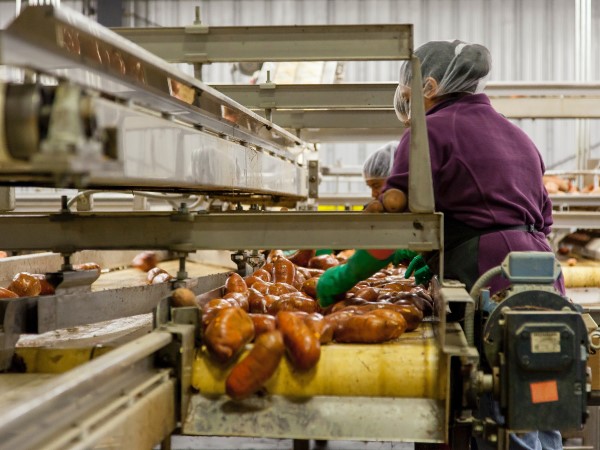
PC: Mark Stebnicki
Jobs for high school graduates pay less today than forty years ago, just 95 cents on the dollar. Jobs that don't require a high school diploma pay even less, 90 cents on the dollar.
Who gains? Corporate profits. If you own stocks, mutual funds, or a 401k, you Have benefited from low wages for the working poor.
2. The HOUSING System
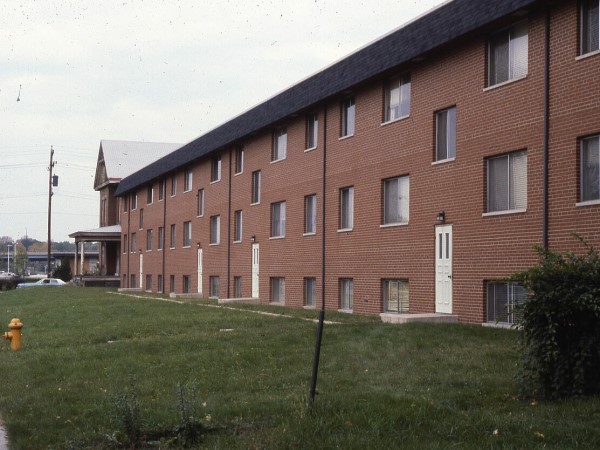
PC: David E. Lucas
High rent for bad housing is normal because poor people have no other choice but homelessness. Even if they can afford a better neighborhood, any past eviction, conviction, or bad credit keeps them where they are, and landlords know this.
Who gains? Other neighborhoods, which look attractive by comparison. If you live in a neighborhood with grocery stores, shops and restaurants, good schools, safe streets, and rising home values, you Have benefited from keeping poor neighborhoods walled off from yours.
3. The FINANCIAL System
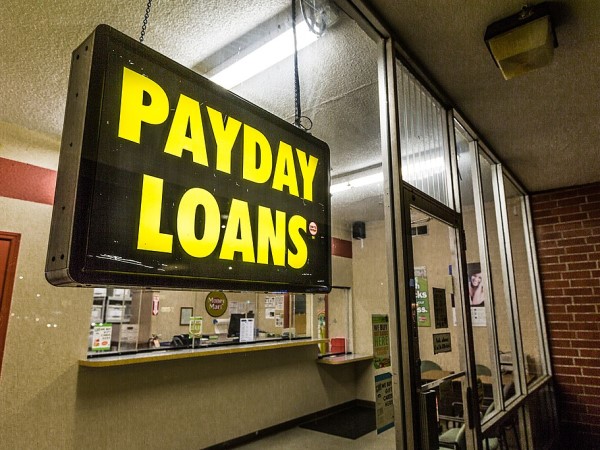
PC: Tony Webster (https://www.flickr.com/people/87296837@N00)
Poor people use payday lenders because they have no choice. Payday lenders then charge high fees to cover their risk because they can, even though most borrowers do pay up.
Who gains? Payday lenders of course, but also traditional Wall Street banks who lend lenders money and share their profits. If you have a credit card, auto loan, or home mortgage, you Have benefited from a credit system that helps you build wealth while making it difficult for poor people to do the same.
4. The WELFARE System
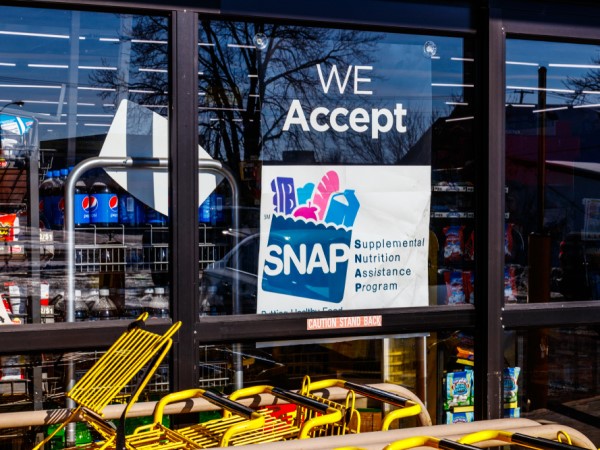
PC: Hunter College NYC Food Policy Center
We think poor people get more than enough government assistance, and programs like Medicare, CHIP, TANF and SNAP should be cut back because they promote “welfare dependency".
We think rich people don't get any government assistance, yet popular programs like the mortgage interest deduction, 529 college saving plan, long term capital gain tax and other tax breaks are all government funded.
Who gains? Everyone does. Almost all Americans receive government assistance, but we think the poor get too much and the rich are entitled to more.
If You're A HAVE
Let's face it, our wealth is tied to our homes and stock portfolios. We like the status quo. Naturally, we protect it for ourselves and our children.
But our status quo comes at the expense of the Have-Nots.
What's the answer?
- Admit our role in the systemic exploitation of the poor, no matter how passive it is. Until we believe we are part of the problem, we won't accept any solution.
- Accept systemic change to provide poor people much better choices for work, housing, banking, and social services. One example: inclusionary zoning laws that require developers of traditional housing to also build some affordable units in the neighborhood. Spain, Ireland and New Jersey already do this. Spoiler alert: home values did not go down.
- Choose consumer activism. We like this one for obvious reasons! Buy from businesses like Refuge Coffee Co. that pay a living wage and support other antipoverty programs. Find them on Karmalize here.
“Have you heard?” is our way of sharing another point of view on commonly held beliefs. Through this we hope to encourage curiosity, dialogue, and tolerance of diverse ideas.

